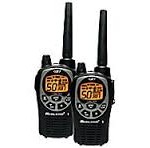 Instant communication. If you are like me, you have become used to it, actually expect it. You have instant communication with your family and friends not just through phone calls, but email and text messages. In addition to that, if you are like most, you also communicate instantly what you are having for lunch or a great scenic view via Instagram, a quick tweet to Twitter or Facebook post. Dinner comes around and you post your recipe and a pic up to Pinterest.
Instant communication. If you are like me, you have become used to it, actually expect it. You have instant communication with your family and friends not just through phone calls, but email and text messages. In addition to that, if you are like most, you also communicate instantly what you are having for lunch or a great scenic view via Instagram, a quick tweet to Twitter or Facebook post. Dinner comes around and you post your recipe and a pic up to Pinterest.
Want to know what the stock market is doing, take a quick look at your phone app and you have a nearly up-to-date status. Same with the news, so may apps and alerts coming at you and me instantly, almost as it is happening.
Today at work we had an email outage for about 20 minutes. In the grand scheme of things, that doesn’t seem very long, especially since we are a private company, and are not in the business of handling any life or death situations. However, staff freaked out! They acted like they couldn’t work since mail was down. Really?!? If you have to communicate that quickly pick up the phone and call the person. My point here is that we have all come to expect instant communication and that communication is for the most part, all relying on the internet.
What if there is an outage of some sort or technology fails? Say your phone breaks or you lose it? How will you communicate? Okay, maybe that is an easy one because you may be saying, “no big deal, I will ask to use my friends phone.” What if your wireless carrier has an outage? Think it can’t happen? I have been in hurricane areas where cellular service has been out for days. What about September 11, 2001? There was such a huge disaster in New York City that the cellular carriers couldn’t handle the load of calls.
My point here is that it is important to have a backup plan when it comes to how you communicate with others and how you get news. Here are some tips I have come up with:

- Have a good idea where there are land lines around you. If you work in an office that may be easy, or maybe it isn’t. Many offices now have VOIP phones, which is voice over IP, it uses the internet for communication. Find out if there is a backup phone that still uses land line, even though many land lines eventually turn into VOIP, they are still the most reliable form of communication.
- Have an extra cell phone with a different carrier or know what carrier the people around you use. If one carrier goes down, you may have access through another. This happened to me during a hurricane one year. My phone is with Verizon and my work phone is with AT&T, between the two I was able to always have some service, even if it was to get through a quick text message. Let your family know that in case of a disaster that you may be communicating via text message. This service is usually the last to fail.
- Between family and friends, have an alternate person you will contact that is outside of your immediate area, maybe a different area of your state or in a different state. If you can’t get a hold of each other you may be able to contact your out of area relative to share information with them as a central contact point. Setup times that you will be checking in, don’t forget to let your out of town relative know they are the contact.
- Now I really hesitate to add this one because the range is so limited, but, keep a family radio in the car, it can’t hurt to have it and it just may work. Be sure to have a plan with your family or friends, let them know that your will call on the radio on the hour of even numbers for five minutes.
- If you have a Ham radio and are licensed to use it by all means this is a better option. Remember, you can always listen in on a Ham, that doesn’t take a license and you may be able to get some good information as to where and what the disaster or issue is. This is something you would need to learn now, not during the communication outage.
- Information is power, keep a portable radio with you at all times and ensure the batteries are working. That way you can at least get some form of news and information in case there is a power outage or you can’t get internet access. Sometimes the not knowing is worse than any disaster. If you are like me, you are used to getting information, getting cut off from that information link may be just as traumatic as the disaster itself so make sure you have a portable battery operated radio handy, I keep mine in my car as I am always close by to the car, I also have one in the house.
Just like everything else in life, I believe if you plan for the failure your will be ahead of 80% of everyone else, and instead of panicking, you just may be able to offer assistance to others, either by gathering a group together by the radio to listen to the news reports, or by helping them communicate with their family if you have a communication source that is working. You having a plan is the key so plan now what you will to do if your normal form of communication goes silent.
What do you think? Do you have any other ideas or suggestions on alternate communication that may not be as instant as you are used to but could get a message to someone quicker than snail mail?
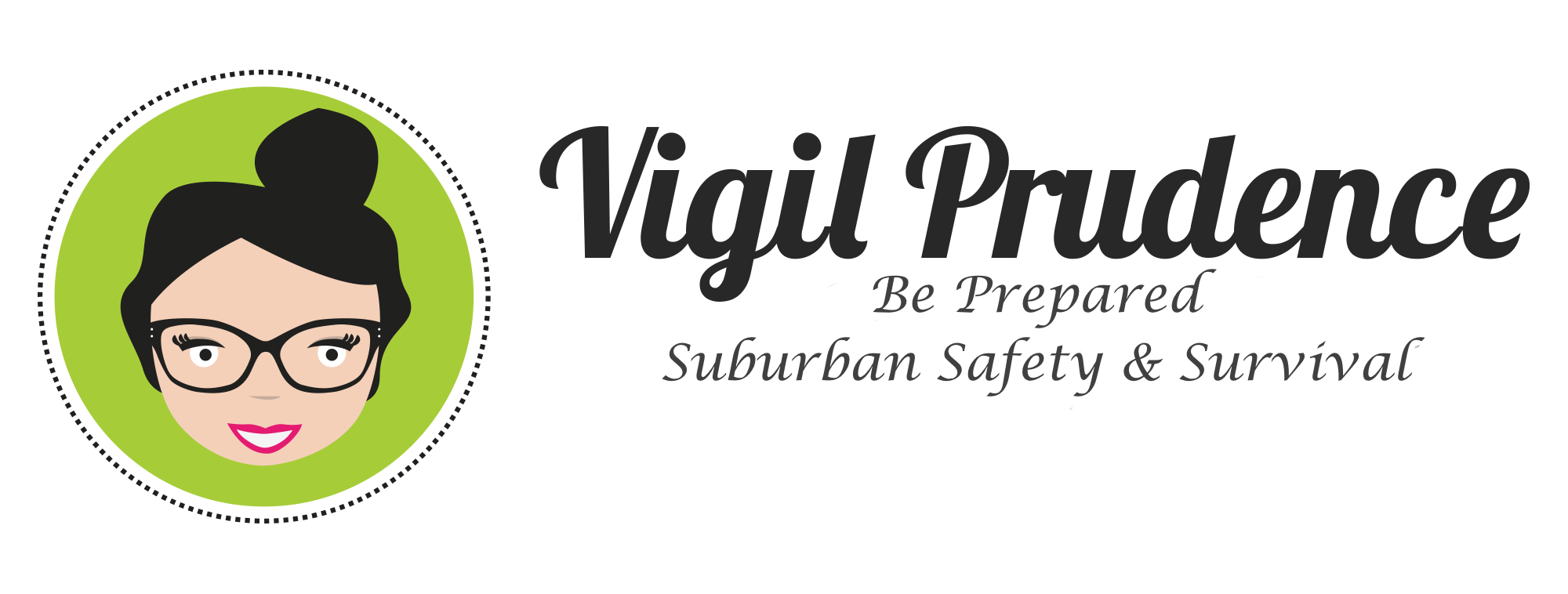














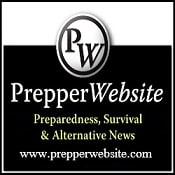

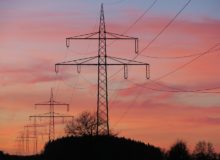

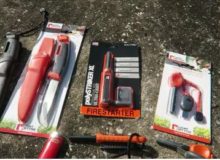
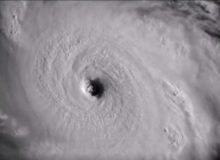


9 Sep 2015
0 CommentsSix Tips For When Communication And Information Go Silent
Want to know what the stock market is doing, take a quick look at your phone app and you have a nearly up-to-date status. Same with the news, so may apps and alerts coming at you and me instantly, almost as it is happening.
Today at work we had an email outage for about 20 minutes. In the grand scheme of things, that doesn’t seem very long, especially since we are a private company, and are not in the business of handling any life or death situations. However, staff freaked out! They acted like they couldn’t work since mail was down. Really?!? If you have to communicate that quickly pick up the phone and call the person. My point here is that we have all come to expect instant communication and that communication is for the most part, all relying on the internet.
What if there is an outage of some sort or technology fails? Say your phone breaks or you lose it? How will you communicate? Okay, maybe that is an easy one because you may be saying, “no big deal, I will ask to use my friends phone.” What if your wireless carrier has an outage? Think it can’t happen? I have been in hurricane areas where cellular service has been out for days. What about September 11, 2001? There was such a huge disaster in New York City that the cellular carriers couldn’t handle the load of calls.
My point here is that it is important to have a backup plan when it comes to how you communicate with others and how you get news. Here are some tips I have come up with:
Just like everything else in life, I believe if you plan for the failure your will be ahead of 80% of everyone else, and instead of panicking, you just may be able to offer assistance to others, either by gathering a group together by the radio to listen to the news reports, or by helping them communicate with their family if you have a communication source that is working. You having a plan is the key so plan now what you will to do if your normal form of communication goes silent.
What do you think? Do you have any other ideas or suggestions on alternate communication that may not be as instant as you are used to but could get a message to someone quicker than snail mail?